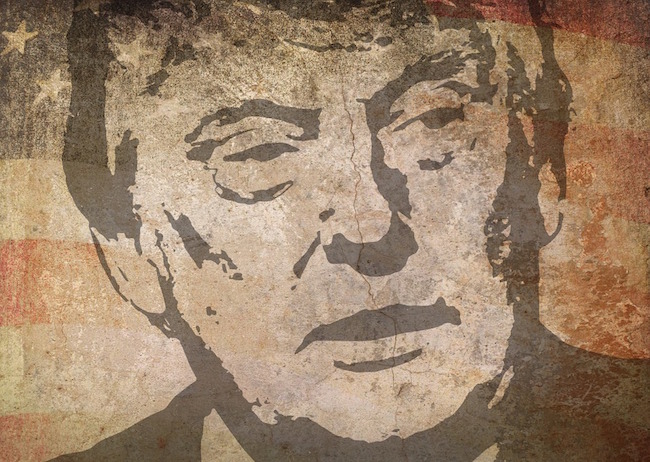With Afghanistan Deal, Trump Has A Foreign Policy Record He Can Take To Re-Election By Sumantra Maitra for The Federalist
No new wars or interventions in Iran or Venezuela, a partial drawdown from Iraq and Syria, and an Afghanistan withdrawal deal is a foreign policy record to be proud of.
The United States and the Taliban signed a peace deal this weekend after 19 years of war, to ease the way towards American full withdrawal from a semi-feudal hell. After a grueling marathon negotiation process, American Ambassador Zalmay Khalilzad signed the papers, agreeing that the United States and North Atlantic Treaty Organization allies will withdraw all troops within 14 months if the militants uphold the deal.
Words do not convey how phenomenal this is. For a start, all U.S. “military forces” and “non-diplomatic civilian personnel, private security contractors, trainers, advisors, and supporting services personnel” are promised be withdrawn by April 23, 2021. That’s just after the election, or re-election of President Trump.
There was immediate support from the conservative and realist spectrum of foreign policy. Will Ruger of the Charles Koch Institute tweeted that while this is only a first step, it is nevertheless a major achievement for the United States to finally chart a course for leaving its longest law and order policing mission in a region where there is no U.S. strategic interest.
Defense Priorities Senior Fellow Lt. Col. Daniel L. Davis said the United States had been in Afghanistan to destroy al-Qaeda and punish the Taliban, which was over by 2003, and it was a mistake to stay after the swift victory to nation-build. “Nearly two decades later, the U.S. remains mired in training and policing missions related to Kabul’s security, not America’s.”
Concerned Veterans for America, a conservative group, released a statement supporting this move as well. “President Trump deserves a great deal of credit for pursuing this agreement and laying the groundwork to end the longest war in American history,” the statement said, adding, that “…this agreement is in no way a substitute for a full withdrawal of American forces from Afghanistan – an action the president has promised and closure the American people want.”
Predictable detractors of the deal ranged from President Obama’s former Ambassador Susan Rice, who argued that Trump had betrayed “Afghan women” by not requiring Afghanistan to adopt western ideals as part of the agreement, to former U.S. Ambassador John Bolton and neoconservatives like Stephen Hayes and Max Boot.
Consider for a moment that Trump never had a strong backing from even conservative realists, who would otherwise support this kind of deal. When Trump first won the presidency, a majority of academics, even those who are realists in foreign policy, decided to stay away from the administration. It was understandable then.
When Trump won, the media went on overdrive to insist he is a Russian agent and that everything this White House does is more toxic than Richard Nixon. Academics are mostly liberal interventionists or neoconservatives, but even those who prefer a more restrained and prudential approach to foreign policy wanted to wait and watch, and were predictably worried about their reputational cost and ostracism within the academy if they attached their names to Trump.
Only one IR theorist was open about Trump’s foreign policy in his early days. Professor Randall Schweller wrote of his qualified support for Trump in 2018. Thus, Trump had no institutional support for his foreign policy vision of minimal intervention, and was unable to man his team with aligned personnel. There was no Federalist Society making a list of judges in the field of foreign policy, so to speak.
But even with that drawback, and barring major changes, Trump is on his way to be the first president in 25 years not to have started a new land war in the Middle East. With the Islamic State decimated, a staunch refusal to engage further in Iraq and Syria, a refusal against his own team to intervene in Venezuela and Iran, and with this new deal with Afghanistan, Trump is managing to focus on an adversarial China, although far less than I’d have wanted him to.




